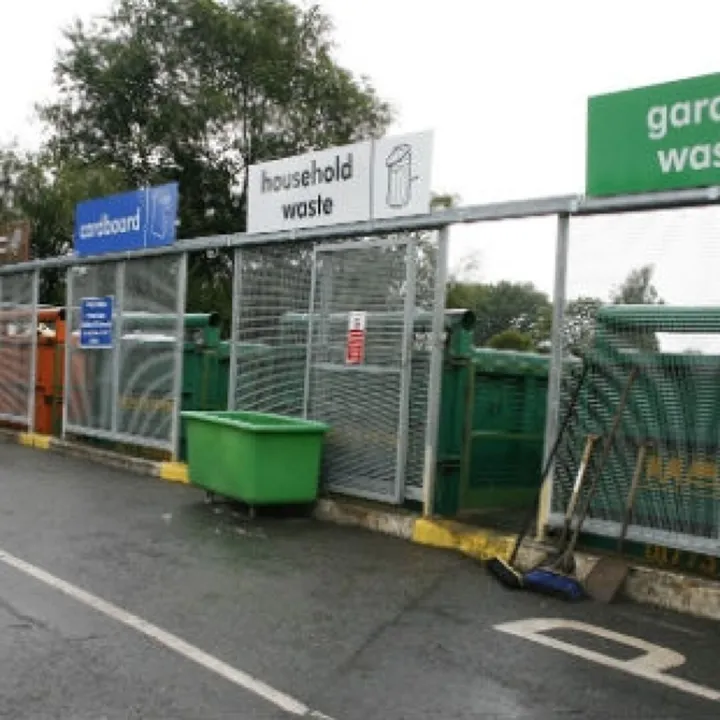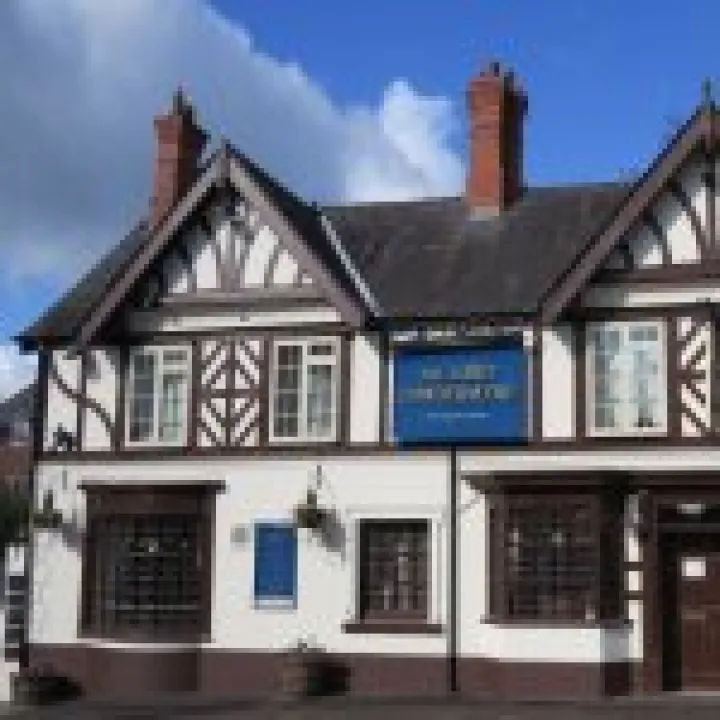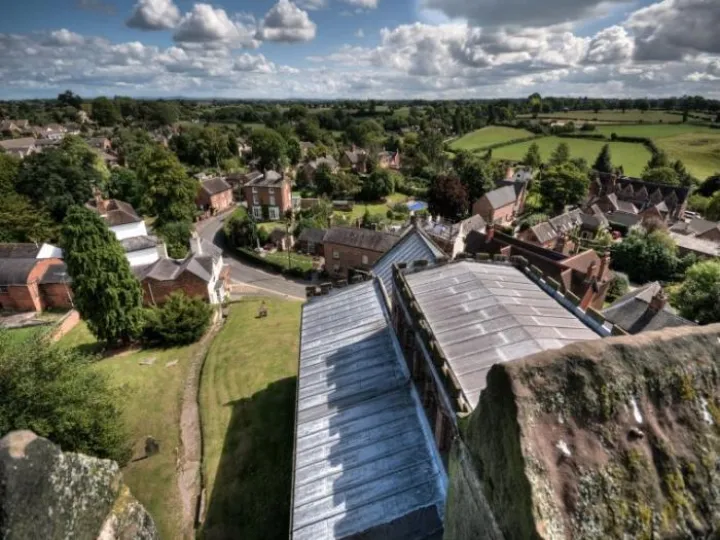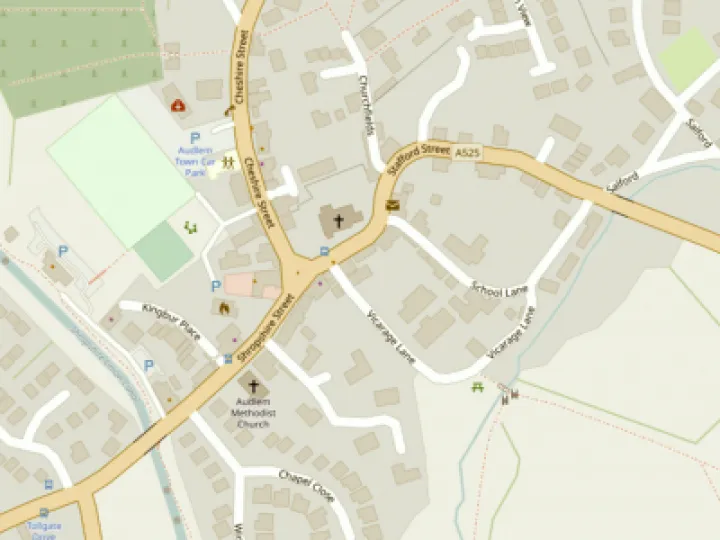







July 2nd 1644 – Battle of Marston Moor
Marston Moor has some claim to being the biggest battle ever fought on British soil, and it was certainly one of the most decisive in our history, tipping the scales in the Civil War very much the way of the Parliamentary cause.
The day before the battle Prince Rupert, tasked with relieving besieged York, had carried out his orders with his usual flair. The Parliamentary forces, reinforced with many Scottish Covenanter regiments, had thought to block the relieving force, lifting the siege to face their expected arrival. But Rupert had outwitted them, swinging his army around to approach York from the north.
With the siege ended, the Parliamentary generals decided to locate their forces where they could best prevent Rupert's army joining with the King's in the Midlands, and they sent the infantry on its way to begin this move.
Early on the morning of July 2, however, clashes with advance scouts of the Royalist army leaving York alerted the Roundheads to the danger of attack, and they recalled their infantry and began arranging their battle order, the Scottish Lord Leven given command overall as his troops were the most numerous.
The Royalists lost their advantage by delaying, Newcastle persuading Rupert two or three hours before noon that Eythin should be given time to plunder the abandoned Parliamentary camp before joining with the main force, and arguing successfully against Rupert's wish to attack without waiting for Eythin. When the latter arrived at about 4pm the element of surprise was gone, the Roundheads were fully prepared and said to be in fine fettle, singing psalms and buoyantly waiting to do their duty.
As the evening arrived no battle had been joined, and Rupert was again persuaded by Newcastle that it was too late to do anything that day. Rupert went off to eat, and Newcastle smoked a pipe away from his troops. Seeing the Royalist lines break up in search of food and a place to camp, the Roundheads attacked, themselves gaining the advantage.
The battle was hard fought. Cromwell, commanding the cavalry on the Parliamentary left, was wounded, leaving the field for a time, but returning to lead a charge that turned the battle, sweeping around the Royalist right once it had been broken all the way to the opposite flank. At one point it seemed as if the day was lost for the Roundheads, and Leven fled the field with many of his men. The Scots in the centre held, however, and Cromwell's daring charge around the Royalists was instrumental in the victory.
Perhaps most significantly of all, Oliver Cromwell's stock had risen hugely. He had shown himself as a brave and capable leader, his troops disciplined and highly effective in a near run thing. Cromwell was marked for advancement, but just how far he would rise nobody then could have guessed.
What title did Cromwell assume in 1653?
[Click here for the answer]
{Lord Protector of the Commonwealth of England, Scotland, and Ireland}
This article is from our news archive. As a result pictures or videos originally associated with it may have been removed and some of the content may no longer be accurate or relevant.
Get In Touch
AudlemOnline is powered by our active community.
Please send us your news and views using the button below:
Email: editor@audlem.org





